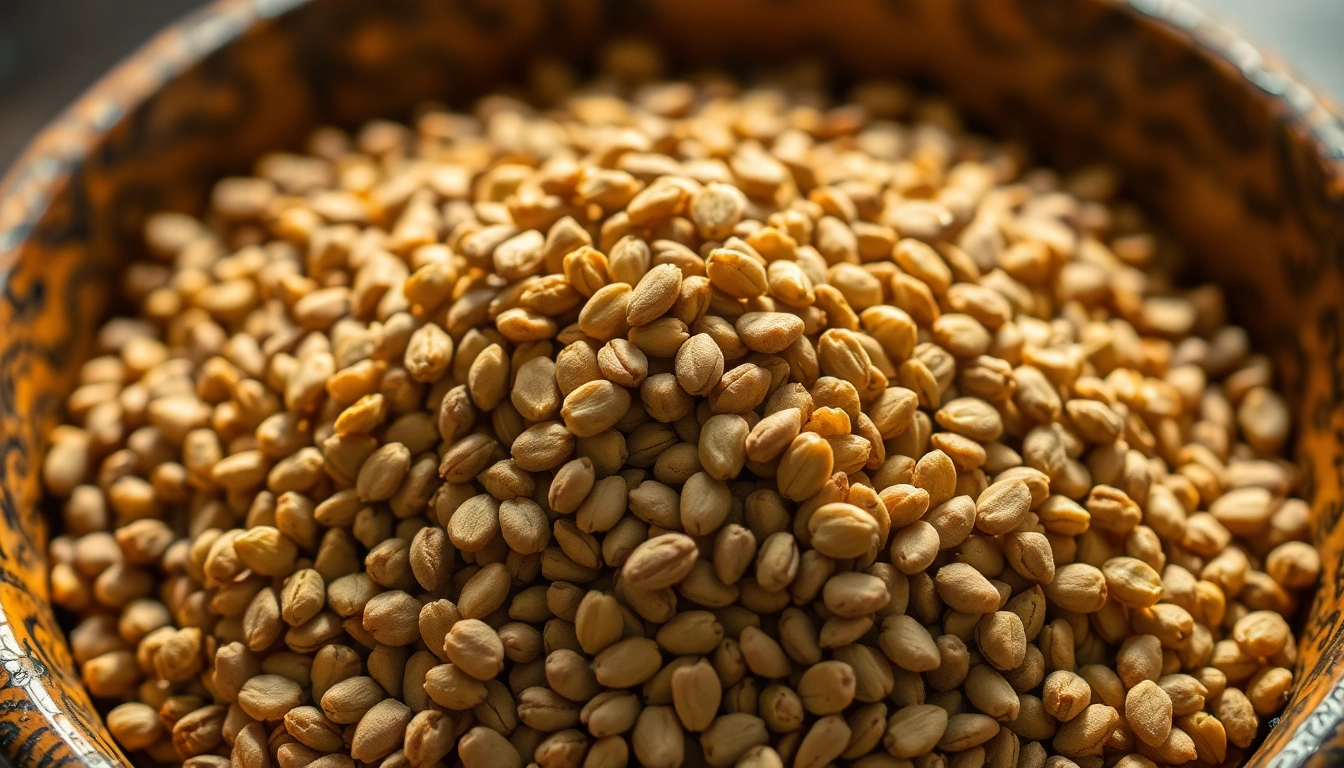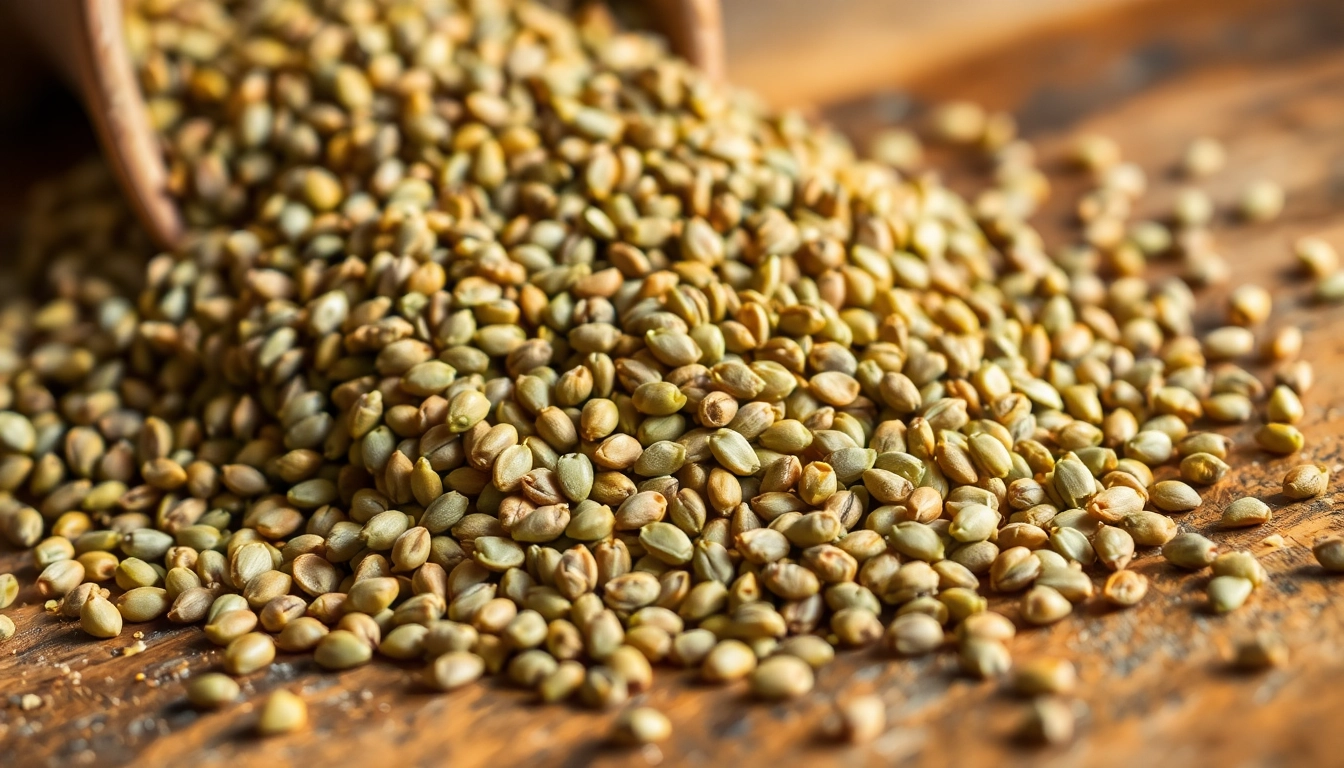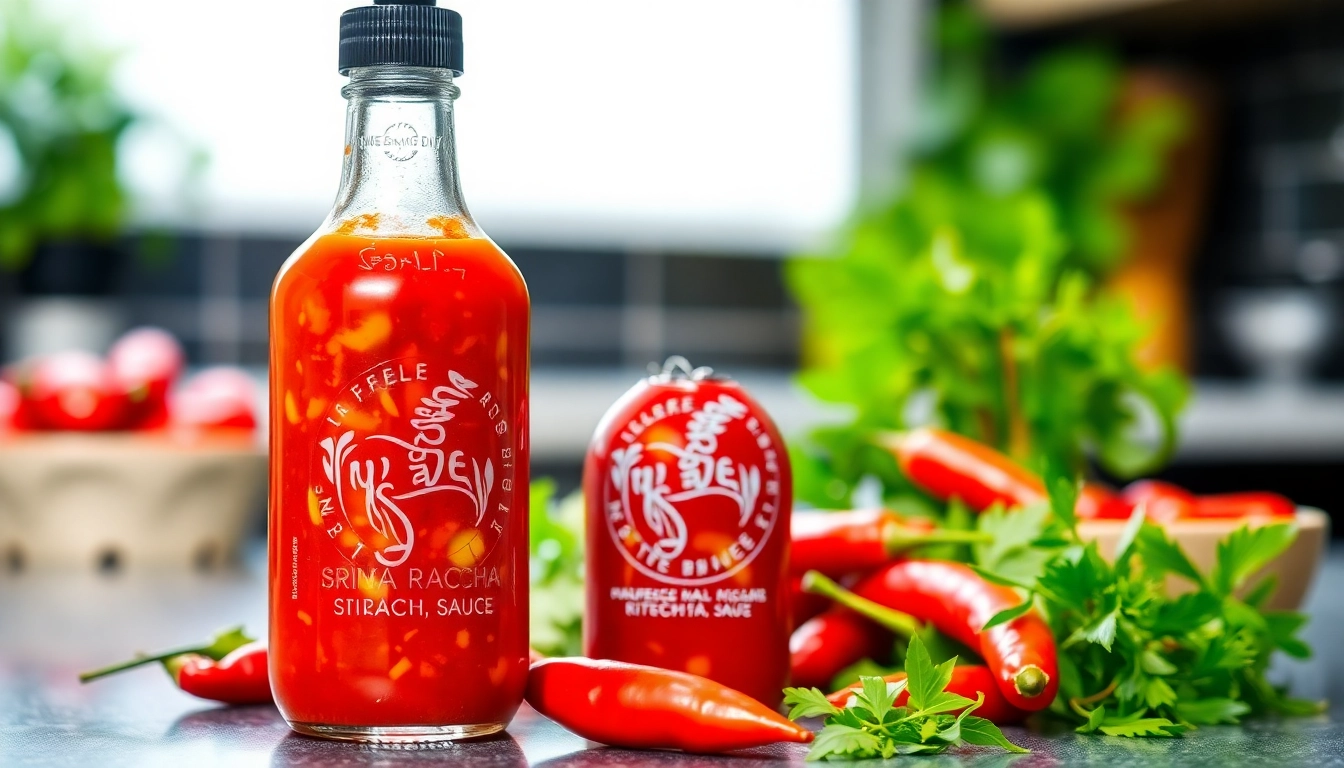Mastering the Art of Sourcing Premium Ajwain Seeds for Your Business
In the competitive culinary and spice export industry, sourcing high-quality Ajwain Seeds is fundamental to establishing a reputable and profitable business. Ajwain, also known as carom seeds, is a staple spice used extensively in Indian cuisine and boasts a range of health benefits, making it highly sought after globally. As a key ingredient in various spice blends, baked goods, and medicinal formulations, the quality of Ajwain Seeds significantly influences the flavor profile and customer satisfaction. This comprehensive guide delves into the essential aspects of sourcing superior Ajwain Seeds, highlighting best practices, industry insights, and strategic steps to ensure your supply chain is both reliable and competitive.
Understanding the Characteristics and Benefits of Ajwain Seeds
Natural Traits and Culinary Importance of Ajwain Seeds
Ajwain Seeds are small, oval-shaped seeds with a distinctive aroma reminiscent of thyme and oregano, owing to their thymol content. They are typically light brown to greyish in color and possess a pungent, slightly bitter taste with a hint of bitterness and a sharp, spicy flavor profile. These natural traits contribute to their popularity in Indian, Middle Eastern, and North African cuisines. Ajwain enhances the flavor of curries, lentil dishes, and bread, making it indispensable for chefs and home cooks alike.
From a culinary perspective, authentic Ajwain Seeds provide consistency in aroma and taste, which is critical for maintaining product standards. They are also resistant to mold and pests when stored properly, thanks to their natural preservative properties. When sourcing Ajwain Seeds, attention to these traits ensures that the final product reflects the quality expected in markets worldwide.
Health Benefits and Nutritional Profile
Beyond flavor, Ajwain Seeds are celebrated for their medicinal value. Rich in thymol, they possess anti-inflammatory, antimicrobial, and digestive properties. They are traditionally used to treat indigestion, bloating, and respiratory issues. Incorporating high-quality Ajwain Seeds into food products can serve as a key selling point for health-conscious consumers, emphasizing natural remedies and wellness benefits.
Nutritionally, Ajwain Seeds are a good source of dietary fiber, antioxidants, and trace minerals like calcium, iron, and magnesium. Ensuring the purity and safety of Ajwain Seeds through quality sourcing practices guarantees that these health benefits are preserved, offering consumers genuine value in every purchase.
Common Uses in Traditional and Modern Cooking
In traditional Indian cooking, Ajwain Seeds are often dry roasted and ground into powders or used whole to flavor pickles, bread, soups, and curries. Modern cuisine incorporates Ajwain for its distinctive aroma in baking, snack formulations, and even health supplements. The versatility of Ajwain makes its high-quality seeds critical for manufacturers aiming to cater to diverse culinary needs.
Effective Strategies for Selecting and Purchasing High-Quality Ajwain Seeds
Identify Fresh and Authentic Ajwain Seeds
Freshness is paramount in ensuring Ajwain Seeds retain their aroma, potency, and flavor. Look for seeds that are uniform in size, shape, and color, with a strong, aromatic fragrance indicative of thymol content. Avoid seeds that are yellowish, dull, or exhibit mold and pest damage. To verify authenticity, perform sensory tests such as aroma and taste, and request samples for laboratory analysis if necessary.
Additionally, fresh Ajwain Seeds should be stored in airtight containers in a cool, dry place to prevent moisture absorption and aroma loss. Proper storage conditions extend shelf life and preserve product integrity, crucial for export-quality supplies.
Trusted Suppliers and Certification Standards
Partnering with reputable suppliers who adhere to international quality standards is critical. Look for certifications such as ISO 22000, HACCP, Organic, GMP, and relevant export standards. These certifications demonstrate compliance with safety and quality protocols, reducing compliance risks and ensuring consistent product quality.
Spice Nest, for example, is a leading manufacturer and exporter certified by major food safety authorities, with presence at prominent global food exhibitions. Building relationships with such certified suppliers guarantees transparency, traceability, and superior quality Ajwain Seeds.
Pricing and Bulk Purchasing Considerations
While competitive pricing is important, it should not compromise quality. Bulk purchasing from reliable suppliers often offers cost advantages and ensures steady supply for growing businesses. Negotiate for consistent pricing and favorable payment terms, especially when planning large orders. Remember that premium Ajwain Seeds, sourced from trusted growers with sustainable practices, may come at a higher price but yield better customer satisfaction and brand reputation.
Additionally, consider long-term contracts that can lock in prices and guarantee supply, reducing market price fluctuations and supply chain disruptions.
Incorporating Ajwain Seeds into Your Product Development and Business Model
Packaging and Storage Tips to Preserve Freshness
Effective packaging preserves the aromatic qualities and prevents contamination. Use airtight, moisture-proof packaging materials such as laminated pouches or vacuum-sealed containers. Clearly label the packaging with quality certifications, packaging date, and shelf life. Store Ajwain Seeds away from direct sunlight, heat, and humidity to maintain their natural attributes for extended periods.
For export markets, comply with international labeling and packaging standards, including ingredient listing, origin, and safety certifications.
Developing Unique Spice Blends with Ajwain Seeds
Ajwain’s distinctive flavor complements various spices. Innovative spice blends leveraging Ajwain can attract niche markets—such as health-conscious consumers or gourmet chefs. Formulate products like herbal seasoning mixes, bakery spice blends, or medicinal herbal teas. Conduct market research to identify trending flavor profiles and customize your blends accordingly. Collaborate with food scientists to optimize flavor balance and shelf stability.
Market Trends and Consumer Preferences
Current market trends favor natural, organic, and minimally processed spices. Consumers increasingly seek authentic and traceable ingredients. Positioning your Ajwain products as premium, organic, and sustainably sourced can enhance appeal. Additionally, providing detailed product information about health benefits and culinary versatility aligns with consumer expectations and fosters brand loyalty.
Effective Marketing and Promotion of Ajwain Seeds
Highlighting Health Benefits in Marketing Campaigns
Emphasize Ajwain’s health benefits—such as aiding digestion, antimicrobial properties, and natural remedies—through targeted marketing channels. Use educational content, recipes, and testimonials to connect with health-conscious audiences. Incorporate certifications like organic or non-GMO to boost credibility.
Brand Positioning as a Premium Spice Supplier
Build a brand image centered around quality, authenticity, and sustainability. Leverage certifications, participation in international trade shows like Biofach, and robust supply chain management to reinforce your position as a premium supplier. Engage in storytelling about sourcing from trusted farmers and adhering to sustainable practices.
Utilizing Trade Shows and Digital Platforms for Broader Reach
Participation in major trade shows—such as Biofach, Anuga, or Gulfood—offers significant visibility. Demonstrate product quality through live tasting sessions, samples, and informative displays. Employ digital marketing strategies, including social media, online catalogues, and B2B portals, to reach global buyers. Strategic networking at these events often leads to long-term partnerships and market expansion.
Measuring Performance and Expanding Your Ajwain Seeds Business
Key Performance Indicators for Spice Sales
Track metrics such as order volume, repeat customer rate, and market penetration to gauge success. Monitor customer feedback and product return rates to identify quality issues promptly. Use sales data to forecast demand and optimize inventory management.
Customer Feedback and Quality Assurance
Regularly seek feedback from clients on product quality, aroma, and packaging. Implement stringent quality control processes—raw material testing, sensory evaluation, and batch traceability—to maintain high standards. Incorporate continuous improvement practices based on customer insights.
Strategies for Expanding Product Offerings and Markets
Diversify your portfolio with related spice products like cumin, fennel, or specialty blends. Explore new markets such as health supplements, organic food stores, and international cuisine sectors. Use data analytics to identify emerging trends and consumer preferences, enabling proactive product development. Building strategic alliances with logistics providers ensures reliable distribution channels globally.



